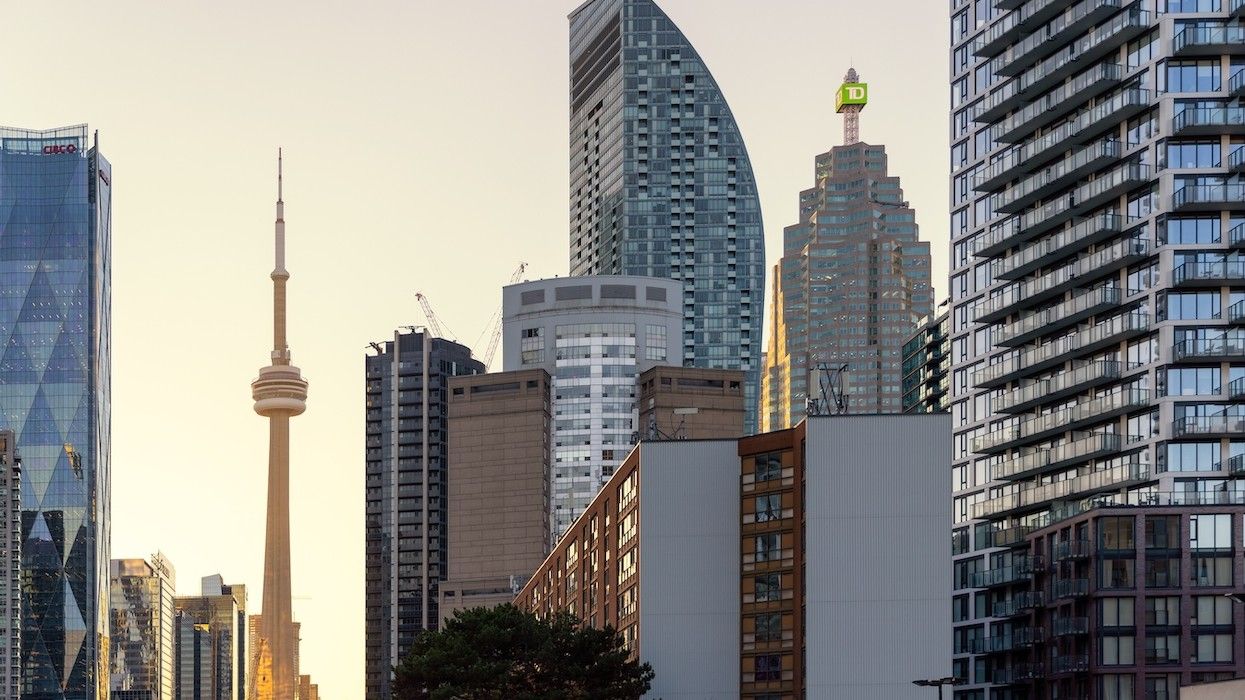This article was written and submitted by the Executive Director of the City of Toronto's Development Review division, Valesa Faria, who is leading efforts to transform the development approval process through innovation, equity, and people-centred design.
The perception that the development application review process is slow, archaic, and mundane needs to change — because it’s critical to Toronto’s evolution, economy, and neighbourhoods. The City’s new Strategic Plan ushers in a new era of public service and people-centred urban growth.
It’s no secret that Toronto is facing a pivotal moment in its city-building journey. The housing crisis, economic uncertainty, and growing inequality are not just abstract challenges that dominate the headlines and social media discourse — they are daily realities for too many people: workers, students, families, and seniors across our city. In this moment, how we respond matters. And how our public systems evolve matters even more.
Amid all these pain points lies a key part of the solution: Development Review. The City of Toronto’s Development Review division is launching our first-ever Strategic Plan — a bold, system-wide roadmap to modernize how development happens. We’re moving beyond our initial goals — streamlining approvals and building faster — though those remain critical outcomes where we’ve already seen remarkable progress. It’s about fundamentally rethinking what a development review service can be and how it responds to the housing crisis: faster, yes, but also fairer, more transparent, and people-centred.
When I stepped into my role as Executive Director of Development Review in April 2024, I inherited a blank slate. Our division was new — formed by bringing together more than 400 existing staff from across the City into a unified, interdisciplinary team. We placed our top minds in city-building — including planners, engineers, project managers, policy experts, and more — into a shared space with shared accountability for advancing development applications. The urgency was clear: Toronto needed more housing —deeply affordable, supportive, accessible, and in complete communities — and it needed a system that could deliver it efficiently and equitably.
In just one year, we’re already experiencing what’s possible when we align people, process, and purpose. Review timelines for major applications have dropped significantly. We’ve approved over 46,000 new residential units, modernized our Plan of Condominium process, and introduced new digital tools that improve collaboration between applicants and staff. We have glowing testimonials from developers like Tricon Residential and Tridel. But this is only the beginning.
Our new Strategic Plan, created as a collaborative effort with staff across Toronto’s districts, charts the course forward with four interconnected priorities:
- Invest in People & Partnerships: Housing is inherently about people, and we’re strengthening relationships across governments, with Indigenous Rights-holders, with equity-deserving groups, with community, and with the development industry. A new Customer Service Charter and an Equity & Reconciliation function are part of this transformation.
- Streamline Processes: Process may not be thrilling — but consistency and clarity are essential. From standard operating procedures to clear application requirements and prioritization frameworks, we’re creating a system that’s easier to navigate and more predictable for everyone — from applicants to staff to community members.
- Modernize Tools & Technology: Toronto is the fourth-largest city in North America — we deserve to access and leverage the best tech available. We’re focused on upgrading legacy systems, introducing performance dashboards, and exploring how emerging technology can support smarter, faster decision-making. Modern tools are essential public infrastructure. Yes, this means updates to the Application Information Centre.
- Strengthen Transparency & Accountability: At our core, we are public servants, and we are accountable to our constituents. Performance targets, satisfaction surveys, and improved public engagement tools will ensure we remain responsive. This includes tracking how well our work supports equity, reconciliation, housing delivery, and city-building goals.
At the heart of this plan is a commitment to people-centred urban growth. We are embedding a human rights-based approach into our development review service, ensuring that the decisions we make reflect the lived realities of residents — especially Indigenous, Black, and other equity-deserving communities.
Development is not just about buildings — it’s about who can access housing, services, and public spaces, and whose voices are shaping the built environment. We also recognize the significant economic impact of the development industry, which creates hundreds of jobs. Applications with significant affordable housing and economic benefits will be prioritized for the value they bring to our communities.
Already, the results from our first year of operations — and the culture shift inside City Hall — have been noticed. That shift is by design. Development Review, and this Strategic Plan, represent a quiet but radical transformation — one that acknowledges development review not as a bottleneck, but as a catalyst. Not as a regulatory burden, but as a lever for economic growth, social equity, and sustainability.
Toronto is growing. It must grow inclusively, equitably, and urgently. The 2025–2028 Development Review Strategic Plan is our roadmap to make that possible. If we want a city that works for everyone, we need systems that do too. Development Review is where that work begins —and we’re just getting started.





















